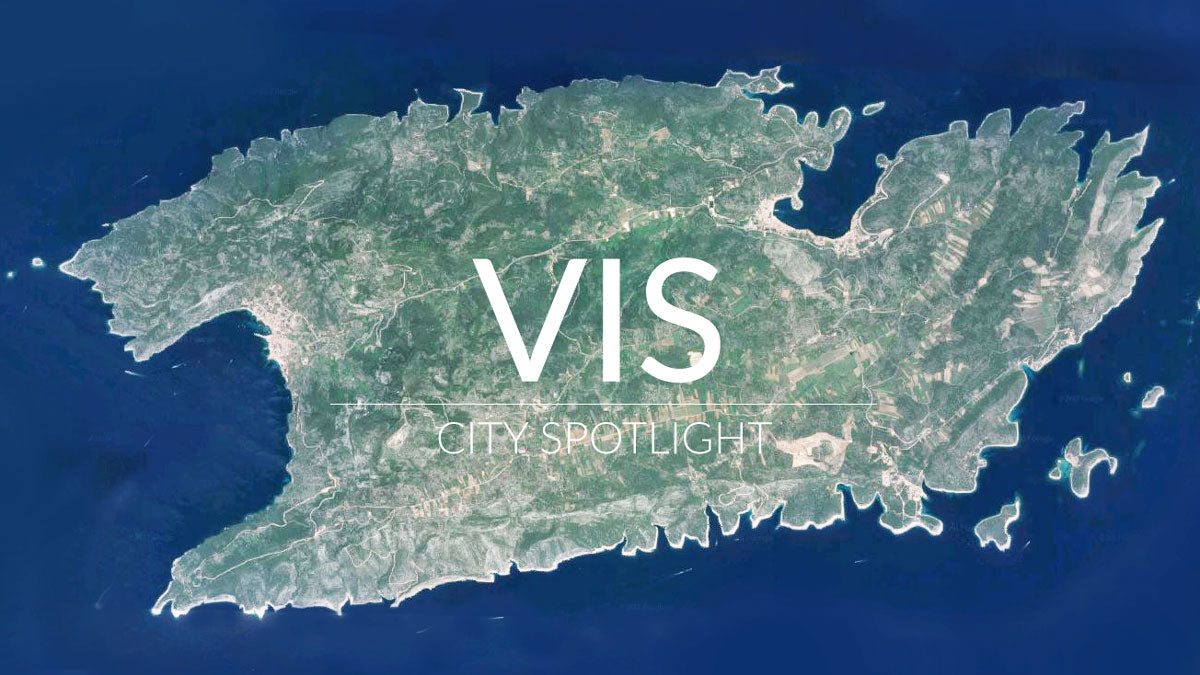
City Spotlight : Vis
Inspiration is a confluence of things. Travel--magically--is perhaps the finest example of where these meandering, ephemeral elements can come together. As fall and soon winter start their descent, we’ll be tapping into the colors, textures and sounds from our recent travels to inform and nourish our work into the colder months.
Vis, the furthest inhabited of the Dalmatian islands in the Adriatic, once headquartered the Yugoslav navy and its dictator, Tito. During these years and up until the decline of Yugoslavia, the island was shrouded in secrecy, entirely closed off to outside travel. Luckily for us, by 1989 the island opened its gates to visitors. Totems of the island’s military past provide unexpected markers for an otherwise paradisaical landscape of rocky beaches and psychedelically turquoise waters. Submarine pens, bunkers and strange concrete outcroppings dot many of the areas used now by boaters at anchor and graced by nudists, sunning themselves. The counterpoint of Bohemia, militia occupation and medieval ruin points to the particular charm of Vis; it is, for now, still an unspoiled and unexpected assemblage.

That said, Vis is very much open for business. Tourism is, evidently, the main economic driver for the island. Because the local agriculture industry was forced to provide a full diet for its residents in times of isolation, Vis boasts some of the best agrotourism in all of Europe.

photo: Kevin Lloyd
With ferries arriving from the mainland Croatia only arriving a couple times a week, Vis has been spared the exponential rate of development apparent on some its island counterparts but change is imminent. By early afternoon, its most photogenic and geologically fascinating swimming areas, are buzzing with a hive of yachts, dinghies and gaudy inflatables.
The island lights up in the summer season of May to September but the rest of year the island hosts only 400 residents, many of whom have lived on the island since its Tito days.
The island’s geographic isolation and resultant waves of occupation (from Roman to Venetian to Yugoslav) have inspired deeply self reliant traditions--perhaps out of necessity more so than choice--resulting in, blessedly for us, a resistance to outside influence.




